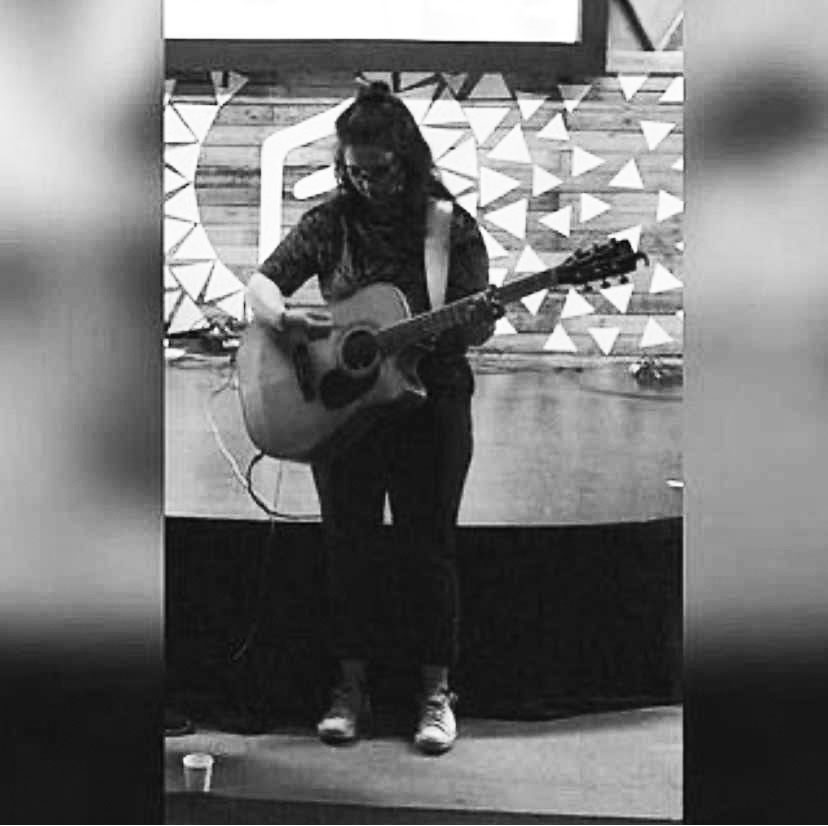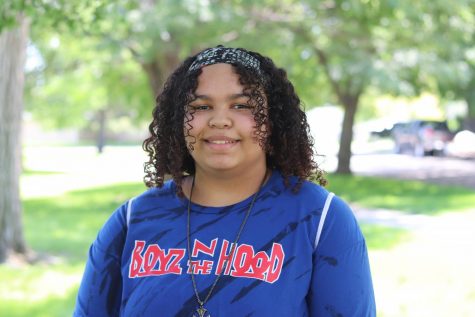An African in America
Anezca Bannink playing guitar and singing in a band called Fusion. Anezca and her band played in cafes and school functions or any local events that popped up. Photo courtesy of Anezca Bannink
November 20, 2020
Moving your entire life from one country to another would be life changing. Junior Anezca Bannink moved from Pretoria, South Africa to the United States of America in 2018.
Pretoria is one of the country’s three capital cities, housing the executive branch of government. It’s just north of Johannesburg.
Bannink said she loves her home country. “For me, I mean, it is your home country, so obviously you love it and you have pride, but there were so many bad things going on that you didn’t feel joyful being there anymore,” she said.
According to Wikipedia the stereotypes of Africa being the epicenter of poverty and an inhospitable jungle or desert are not true.“People don’t know that,” she said. “They always think that it is just like a poor country with poor things, but we have sports cars, racing cars, millionaires, and billionaires.”

Bannink wants everyone to know that Africa has a lot of poor people and a lot of rich people, and that it’s not always as everyone thinks it is. “Just because you’re from Africa [doesn’t mean] you’re from a bad situation or from a poor place, there is way more going on then people know about,” she said.
In October, the U.S. Department of State issued a Level III travel advisory encouraging tourists to reconsider travel because of extreme violence happening in the country, especially from civil unrest. “Everyone wants a piece of the pie but nobody wants to work together,” Bannink said. “It’s just one big racial war going on, but it’s also become more of a physical war.”
The State Department said demonstrations, protests and strikes occur frequently, often without prior notification and have the potential to turn violent. Bannink said there is a lot of damage from protests. “They’re burning down farms, killing people, breaking into their homes,” she said. “If I was to describe my country, my country’s the ghetto.”
More than one million immigrants arrive in the United States each year according to Pew Research. “Everybody thinks that just because you’re an immigrant, you’re either illegal or you are from a poor place so you have to come here to get money,” Bannink said. “A lot of people are just uneducated on what exactly it is or what it means to be an immigrant.”
Here Bannink is known as the girl from Africa, and there, she’s known as the girl from America. She loves it in the States and doesn’t want to return to the southern hemisphere country because of the war. But, she still misses her home. “ I mostly miss my family and the culture,” she said. “And, I miss the beautiful nature we have there.”



